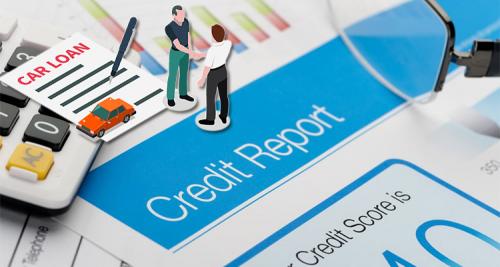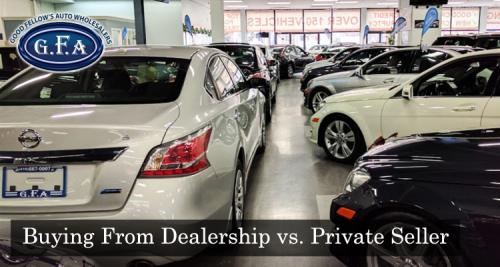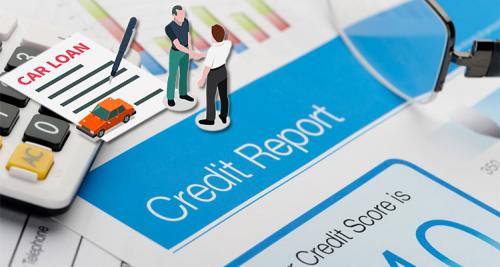Should You Finance Your Car or Pay for It Outright? A Comprehensive Guide

When it
comes to purchasing a vehicle, one of the most significant decisions you'll
face is whether
to finance the car or pay for it outright. This choice depends on several factors,
including your financial situation, long-term plans, and personal preferences.
To help guide your decision, this article explores the benefits and potential
drawbacks of both options, ensuring you can make an informed choice for your
next car purchase.
Understanding the Basics
Financing a Car involves borrowing money,
usually from a bank or car dealership, to pay for the vehicle. You make monthly
payments over a specified term until the loan is paid off. The car acts as
collateral, meaning if you fail to make the payments, the lender can repossess
the vehicle.
Paying
Outright means
paying the full price of the vehicle upfront, with no need for monthly payments
or accruing interest. Once the payment is made, the car is entirely yours with
no financial obligations attached to it.
The Benefits of Financing
- Greater Financial
Flexibility:
Financing allows you to spread the cost of your car over time, making it
more affordable in the short term. This can be especially beneficial if
you don’t have a large sum of money available immediately but still need a
reliable vehicle. By paying in smaller, more manageable installments, you
can keep more of your savings intact for other expenses.
- Opportunity to Build Credit: Making timely payments on
your car loan can help improve your credit score. A good credit score is
crucial for future loans, including mortgages, personal loans, or even
financing for future vehicle purchases. The consistent payment history
boosts your creditworthiness, allowing you to potentially secure better
financing rates in the future.
- Access to Newer Models: Financing gives you the
opportunity to drive a newer or more expensive model than you might be
able to afford if you were paying in cash. Since you don't need the full
amount upfront, financing makes it easier to purchase cars with better
technology, improved safety features, and higher resale values.
The Drawbacks of Financing
- Interest and Additional
Costs:
Financing an auto typically comes with interest payments, which means
you’ll end up paying more for the vehicle than its sticker price. The
interest rate depends on your credit score and the length of the loan
term. A longer loan term means smaller monthly payments, but it also
increases the total amount of interest you’ll pay over time.
- Depreciation: The value of a new car
depreciates rapidly, particularly within the first few years. If you're
financing, you might owe more on the loan than the car is worth,
especially in the early stages of the loan. This phenomenon, known as
being "upside down" on a loan, can make it challenging if you
want to trade in or sell the car before the loan is paid off.
The Benefits of Paying Outright
- No Interest Payments: The most obvious benefit of
paying for your car outright is avoiding interest charges. When you pay in
full, you only pay the vehicle's purchase price without additional costs.
This can save you thousands of dollars over the lifetime of the car.
- Immediate Ownership: When you pay for a car
upfront, you immediately own it. There are no monthly payments, no
interest rates, and no worrying about a lender repossessing the vehicle if
you miss a payment. This sense of ownership provides peace of mind, as you
know that you have no future financial obligations tied to the car.
- Simplicity Paying for a car outright
simplifies the buying process. Without the need for loan applications,
credit checks, or negotiation over financing terms, the transaction is
quicker and easier. You can simply purchase the vehicle and drive it home.
The Drawbacks of Paying Outright
- Reduced Liquidity: Paying for a car in full
requires a large amount of cash upfront. This can significantly reduce
your liquidity, or the cash you have available for other purposes. For
many people, tying up such a large portion of their savings in a car—an
asset that depreciates—might not be the best use of funds.
- Missed Investment
Opportunities: By
using a large sum of money to pay for a car, you may miss out on other
investment opportunities. If you had financed the vehicle instead, you
could have invested the money and potentially earned returns that exceed
the interest payments on a car loan. Depending on your financial situation
and the returns you expect, it might make more sense to finance the
vehicle and invest your cash elsewhere.
Which Option Is Right for You?
The
decision between financing and paying outright depends on your financial goals,
current situation, and personal preferences. If you have the cash available and
want to avoid interest payments, paying for the car in full might be the best
choice. However, if you prefer maintaining financial flexibility and building
your credit score, financing could be the smarter route.
At Good Fellow's Auto Wholesalers, we
offer flexible car
financing options tailored to your needs. Whether you choose to finance or
pay upfront, our team is here to help guide you through the process and ensure
you get the vehicle that best suits your budget and lifestyle.






